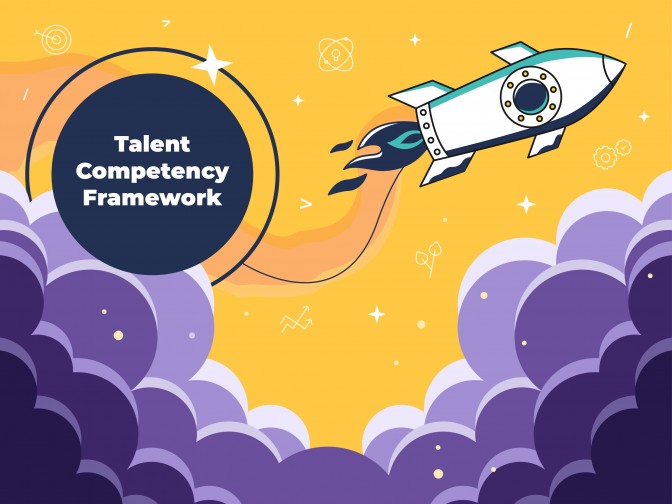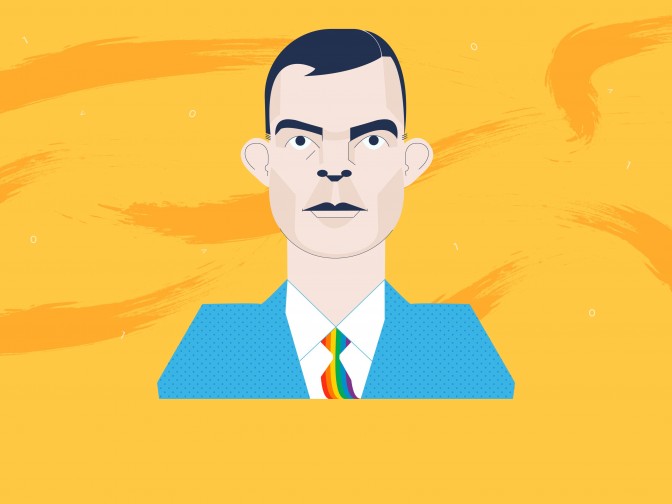When it comes to growth and resilience, having a talent framework gives organisations the upper hand. It allows management and HR to keep a finger on the pulse of a company’s evolving talent pool, identifying strengths, detecting areas for improvement and leveraging untapped resources.
Modern careers, like modern organisations, are dynamic. A traditional “career ladder” model doesn’t always highlight the multitude of potential pathways for progression. But a comprehensive talent framework can operate at a higher level, offering something closer to a “career lattice.” This approach allows for organic career growth, movement between departments, and pivoting between specialist and leadership streams. And in this way, a fleshed-out, company-specific talent framework can support a more robust talent infrastructure.
Earlier this year, The Workshop launched our own Talent Competency Framework. This bespoke programme was built from the ground up in a massive collaborative effort involving our Leadership team, Learning & Organisational Development team and subject matter experts from across all tech and non-tech departments. From April 2021 until the launch in June 2022, these teams worked together to develop the most comprehensive and functional framework possible.
The framework itself identifies multiple pathways from entry-level to leadership, outlining specific competencies associated with each level. By applying it across all The Workshop’s teams and departments, we’re able to forecast potential recruitment and training needs, while supporting the development of current employees. Meanwhile, for the employees themselves, the framework offers increased transparency, clarifying the road to promotion.
Though our framework is unique to The Workshop, we didn’t reinvent the wheel in developing it. Instead, we leveraged internal expertise to build upon the most successful existing competency rubrics and career path models (for instance, the SFIA). The result is a high-level roadmap that helps individuals understand their personal growth options, while supporting workforce planning in the organisation as a whole.
Research shows that only 29% of companies have a career development model in place, most of which are based around a rudimentary pay band structure. But it’s proven that by investing in leadership and career development, average employee tenure is increased by as much as 250%. In addition, employee trust and engagement get a boost.
In short, the benefits of building a talent framework are clear.
At The Workshop, we’re constantly striving to build and expand our career development model, and our new Talent Competency Framework supports this. We’re eager to see how it evolves, and we’re proud that it reflects our values as an organisation: It’s not about how it starts. It’s not about how it ends. It’s about how it progresses.



